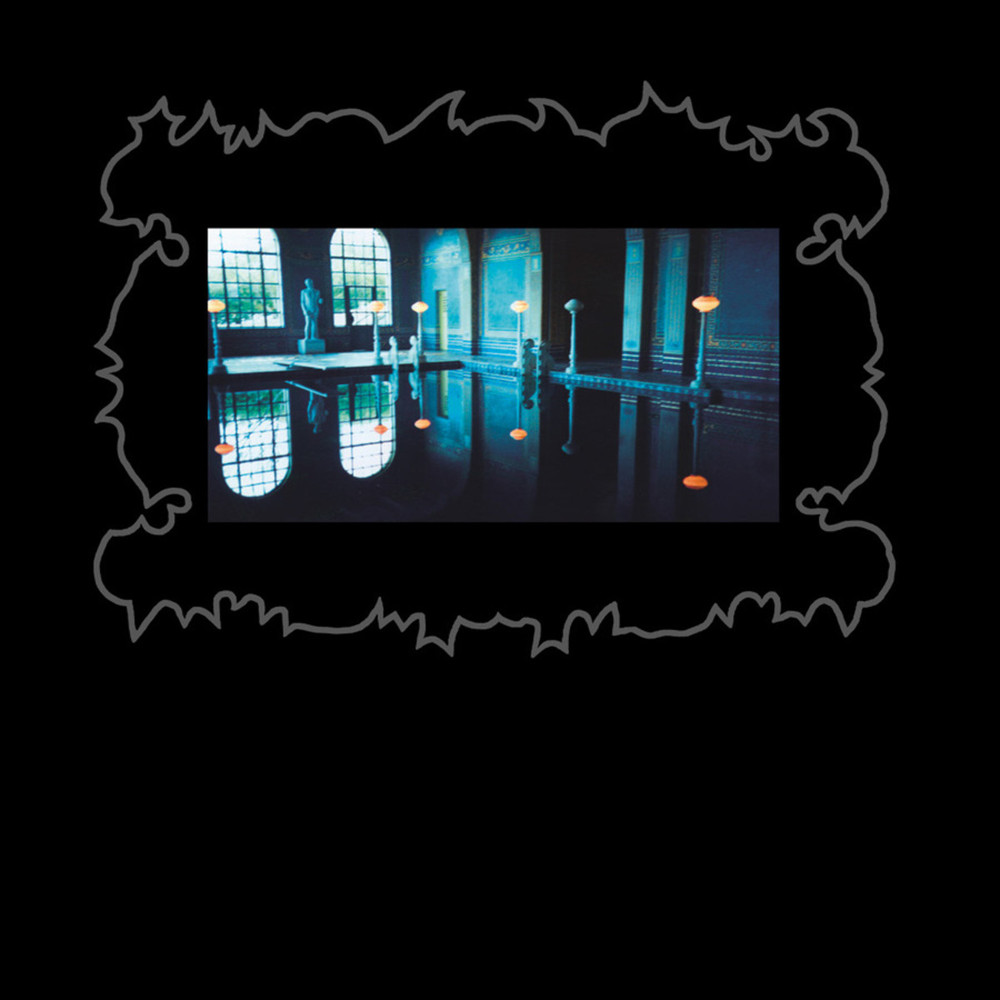You know Jack Endino.
If you consider yourself schooled in the noisy, garage-bred strains of indie-rock that made much of the 1980s and early ’90’s bearable, you’ve shaken a few speakers with Skin Yard. If you’re among those who hasn’t caught Endino’s work with Cryptkicker Five or his studio appearances with Mark Lanegan, you’ve definitely heard a few albums he’s produced or engineered. Nirvana’s Bleach, Mudhoney’s Superfuzz Bigmuff and the Sub Pop 200 compilation, that birth certificate of what later was dubbed grunge. Bruce Dickinson’s Skunkworks and several discs by the Brazilian group Titãs. Not to mention outings by The Afghan Whigs, Hot Hot Heat, Helios Creed, Tad, Supersuckers, Therapy?, The Makers, Coffin Break and Babes In Toyland. The list is epic and Endino shows no signs of slowing down.
Now, if further evidence is needed that the Pacific Northwest didn�t go dormant when the feeding frenzy over grunge left Seattle some 10 years ago, Endino has helped provide it with Permanent Fatal Error. His first solo record in more than a decade, the 15-track offering is as blistering as it is eclectic, a set where clattering, punk-fueled barn burners co-exist with acid-tinged psych-rock and a bluesy swagger that gave grunge a sense of history in the first place. In short, you should probably stop daydreaming about the glory days of pre-Singles Seattle and find yourself a copy.
Delusions of Adequacy recently had the opportunity to catch up with Endino, firing off a quick e-mail back-and-forth in between studio sessions to talk about the new record, the old Pacific Northwest and why journalists can’t resist turning him into a historian.
Delusions of Adequacy: Let’s hammer out the basics. Where were you born and when did you find yourself in Seattle? At what age did you first pick up the guitar or bang on the drums and what was your inspiration? What was your first band or studio credit?
Jack Endino: Hmmm … personal questions! Let’s see. Born in Connecticut. Family moved to Seattle in the early 70’s. Attended the U. of W., graduated with a BSEE. Lived in Bremerton for three years, working at Puget Sound Naval Shipyard as a civilian electrical engineer. It was a dumb job, so I saved most of my salary and bailed out, heading back to Seattle in 1984 with a plan to get in a band and/or find a job at a recording studio.
Started Skin Yard with Daniel House in 1985, then met Chris Hanzsek when he recorded Skin Yard for the Deep Six compilation he was putting together on his label, C/Z Records. Started working at Chris’ 8-track studio, Reciprocal Recording, in 1986. Then, Chris got tired of running C/Z Records and gave the whole thing to Daniel, who wanted to try running a label. I got more popular as an engineer, then as a producer, while Skin Yard got more popular as a band. Reciprocal got busy. Stuff started happening! That’s the nutshell version of events, pre-grunge.
What inspired me? As a teen, my friends were learning to play, and it looked like fun. I was already an obsessive music fan. I used to sit in my room listening to records on headphones so I wouldn’t wake my folks up and I would just dissect these records with my ears, already thinking like a record producer. Started as a drummer. Learned the basics in about a week; I just seemed to have the knack. But my first gig was as a bass player for a band called Food in December 1981. I played one gig with them before moving to Bremerton to work at the shipyard. The Food guitarist was a guy named Matthew Stadler, who is now a well-known writer. It took me a few more years to get confident enough to present myself as a guitar player, after I moved back to Seattle in ’84.

DOA: A bit of a leap forward. Late 2005, you release a record that’s got to be on some short lists for best of the year, a good decade and change after your last full-length solo outing. What prompted you to return to the studio as a solo musician? How long had you been considering the new album before writing, recording or working to release it?
JE: I had released two previous solo records, the last (Endino’s Earthworm) in 1992, and it was always in my mind to keep doing them. Nothing satisfies me more than making music. But “life and death” got in the way and a two- or three-year delay became 10 years. I had this long period where I had to deal with a lot of terrible crap in my life and it just stopped me creatively. Too many funerals. Finally, that stuff ended and, around 2002, I was able to think musically again and got on with it.
DOA: After watching Hype, it’s fairly clear you could serve as a resident expert on the musical life of Seattle and the greater Northwest. Is this a role you’d embrace or one you approach reluctantly? Further more, if you could write the epitaph on the tombstone of grunge and/or the media-fueled frenzy to define the “Seattle sound,” what would you write?
JE: I seem to have that historian role to some extent, by default, just by being in the middle of things for 20 years. Radio people love my speaking voice and journalists like the fact that I can actually make sense most of the time. But my proper role, my calling in life, is making records!
Hmmm. Epitaph for grunge: “Rock’s not dead. It just smells funny.” (Frank Zappa)

DOA: If the curious or uninitiated wander over to your website, they’ll find massive lists of the records where you’ve appeared as a musician and/or engineer. How does your work differ, creatively speaking, in those roles and has that changed over the years?
JE: I’m wearing two “hats” really, like using two different sides of the brain. One role is analytical, objective, requiring great concentration and attention to detail. And patience! The other is more creative and uncontrollable and is based on moods and inspiration, and on state of being, state of health, state of mind.
Production work is my craft, which can be controlled consciously and approached systematically. But my musical output is more based on whim and random factors. I might not have a worthwhile musical idea for months and suddenly I will wake up one morning, grab my guitar and record half a dozen song ideas, which I might not finish for a year or more. If I was still in a band, the interactions with other people would probably inspire me more often. It’s actually pretty hard to get the analytical side of my brain out of the way so the creative side can step forward, because of course it’s the analytical side which keeps a roof over my head.
DOA: Beyond that, would you prefer to have “Skin Yard noisemaker” or “Reciprocal studio guru” scrawled immediately after your name in some imaginary encyclopedia on the American underground?
JE: Well, neither. Reciprocal, which was never “my” studio. Only lasted five years and I’ve been making records non-stop for 20. I’m much better known now for the 300-odd records I’ve recorded and produced than for six Skin Yard albums and three solo records. Much of the planet knows me for recording Bleach, period. Others know about my role in the birth of grunge, something I still have mixed feelings about, since something so fun, goofy and subversive got co-opted so fast, and blew up into tragedy and farce.

Personally, I always thought of myself as a musician first until Skin Yard ended and then the grunge thing really exploded and everyone came to know me as that Seattle producer guy. I didn’t really make peace with the idea of being a “record producer” until I became more confident in my studio abilities, which took years! And I never thought of myself as that good a musician technically. Even now, I still think that I have something to say with my own songs and playing � a musical “thing” that I know to be uniquely me, that comes out when it’s good and ready to, which it finally did on my new record. It’ll never change the world but I know it’s still there inside me when I need it.
But, mostly, the way I interact with the world now is as a record producer.
DOA: In all honesty, when did you first get tired of answering questions about recording Bleach?
JE Around 1994. But I still answer ’em, if they’re not in the FAQ … then I add ’em to the FAQ! – Delusions of Adequacy, Nov. 27, 2006




